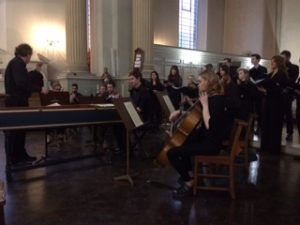Ian Pace, Head of Performance and Music Lecturer at City, whose research focuses on modernist music and musical life during the Third Reich and the Cold War, will be giving a workshop on ‘Music, Identity and Nationalism with Reference to the Third Reich and early Cold War Period’, at the ASEN Conference on Anthony D. Smith & The Future of Nationalism: Ethnicity, Religion and Culture’, taking place at the London School of Economics. The conference takes place on March 27-28, 2017, and Ian’s workshop will take place from 11:40-13:10 on the 28th. Places are still available for the conference; full details, and a programme for the conference can be found at https://asen.ac.uk/conference-2017/ .
The purpose of this workshop is to engage with the issues of nationalism as affected German musicians and those working in the music world, through interactive roleplay relating to denazification procedures in each of the four zones of occupied Germany – American, British, French and Soviet.
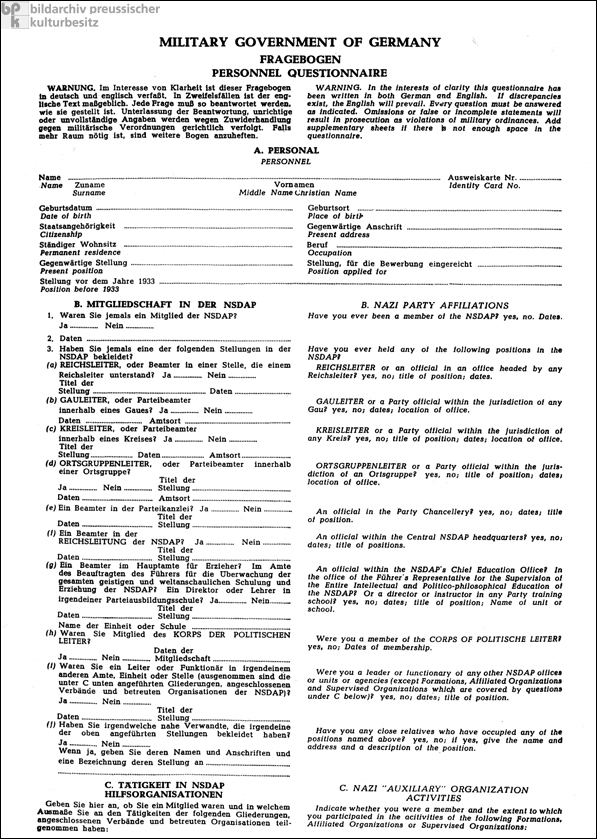
A series of four ‘legends’ have been created, each relating to a real individual; two composers, one pianist and composer, and one music journalist and writer. Each faced denazification in different zones. Participants are invited to take the role of one of these legends in a mock denazification hearing, which will be directed by Ian Pace in the role of Chief Interrogator. He will question the participant on the nature of their activities during the Third Reich, including questions relating to the aesthetics of their work, and they are offered the chance to reply and defend their record. Others are invited to take role in the ‘defence’ or ‘prosecution’ team, interspersing comments where appropriate relating to the case in question. These requires only study of the legends themselves (those who wish to join the prosecution will be provided with a little extra information unknown to the individual being interrogated).
If time permits, the final half hour of the workshop will be devoted to a wider discussion directed by Ian Pace about wider cultural/political agendas relating to the Cold War in Europe on both sides of the Iron Curtain, as relate to music and nationalism. Some questions to be considered include whether supposedly ‘internationalist’ aesthetic agendas might be viewed in terms of a type of ‘Western European pan-nationalism’ (which has also informed culture in the EEC/EU) or conversely these are less solidly geographically rooted. Another is how in the Eastern Bloc, musical traditions with historical connections to those found elsewhere in Europe and further afield were modified in accordance with the dominant role of the Soviet Union and Russian musical traditions, not least in light of the expulsion of ethnic Germans from most of Eastern Europe.
Introductory Bibliography
Biddiscombe, Perry. The Denazification of Germany: A History 1945-1950. Stroud: Tempus, 2007.
Chamberlin, Brewster S. Kultur auf Trümmern. Berliner Berichte der amerikanischen Information Control Section July – Dezember 1945. Stuttgart: Deutsche Verlags-Anstalt, 1979.
Clemens, Gabriele, ed. Kulturpolitik im besetzten Deutschland 1945-1949. Stuttgart: Franz Steiner, 1994
Clemens, Gabriele. Britische Kulturpolitik in Deutschland 1945-1949: Literatur, Film, Musik und Theater. Stuttgart: Franz Steiner, 1997.
Heister, Hanns-Werner and Klein, Hans-Günter, eds, Musik und Musikpolitik im faschistischen Deutschland. Frankfurt am Main: Fischer, 1984.
Janik, Elizabeth. Recomposing German Music: Politics and Tradition in Cold War Berlin. Leiden, Brill & Biggleswade: Extenza Turpin, 2005.
John, Eckhard. Musik-Bolschewismus. Die Politisierung der Musik in Deutschland 1918-1938. Stuttgart: Metzler, 1994.
Kater, Michael. The Twisted Muse: Musicians and their Music in the Third Reich. New York and Oxford: Oxford University Press, 1997.
Kater, Michael. Composers of the Nazi Era: Eight Portraits. New York and Oxford: Oxford University Press, 2000.
Linsenmann, Andreas. Musik als politischer Faktor: Konzepte, Intention und Praxis französischer Umerziehungs- und Kulturpolitik in Deutschland 1945-1949/50. Tübingen: Narr, 2010.
Monod, David. Settling Scores: German Music, Denazification, and the Americans, 1945-1953. Chapel Hill, NC and London: University of North Carolina Press, 2005.
Pike, David. The Politics of Culture in Soviet-Occupied Germany, 1945-1949. Stanford, CA: Stanford University Press, 1992.
Prieberg, Fred. Handbuch Deutsche Musiker 1933-1945. CD-ROM, 2004, revised version 2009.
Riehtmüller, Albrecht, ed. Deutsche Leitkultur Musik? : zur Musikgeschichte nach dem Holocaust. Stuttgart: Steiner, 2006).
Scherliess, Volker, ed. »Stunde Null«. Zur Musik um 1945. Kassel: Bärenreiter, 2014.
Steinweis, Alan E. Art, Ideology, and Economics in Nazi Germany: The Reich Chambers of Music, Theater, and the Visual Arts. Chapel Hill, NC: University of North Carolina Press, 1993.
Thacker, Toby. Music after Hitler, 1945-1955. Aldershot: Ashgate, 2007.




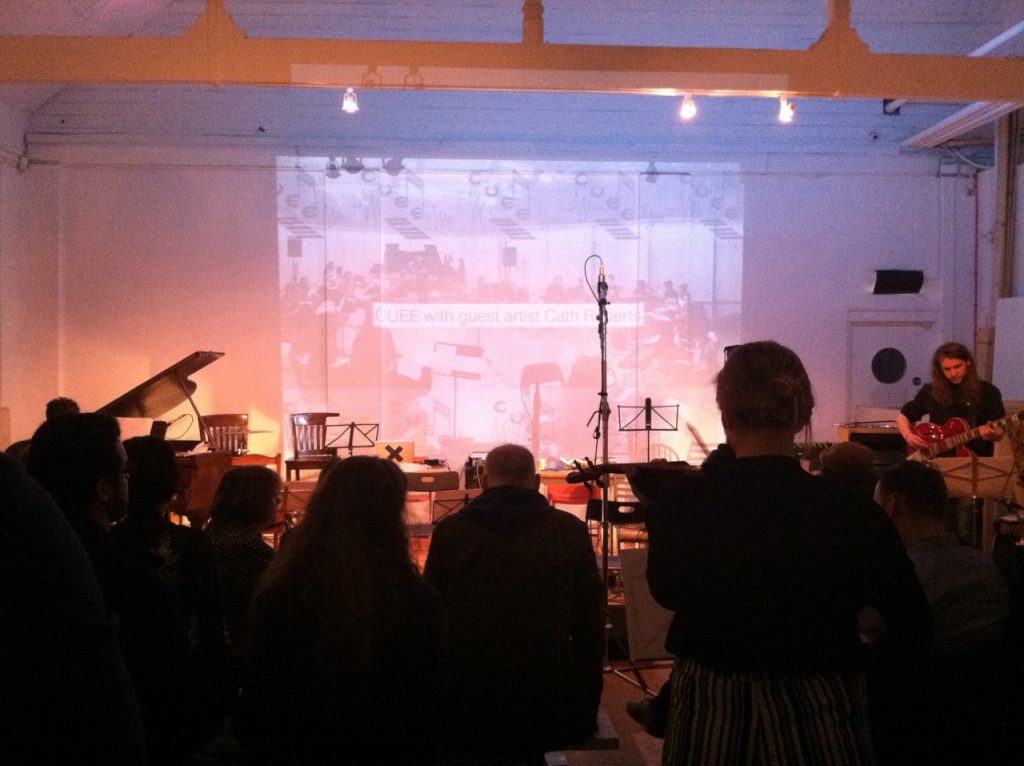

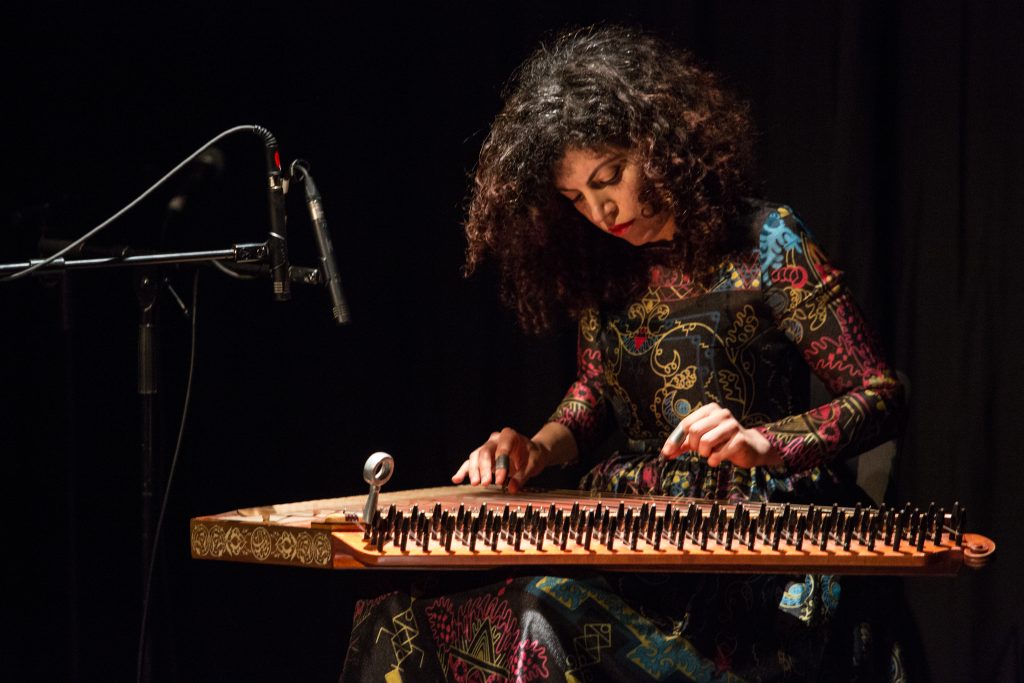



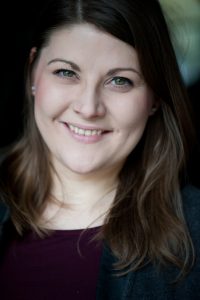
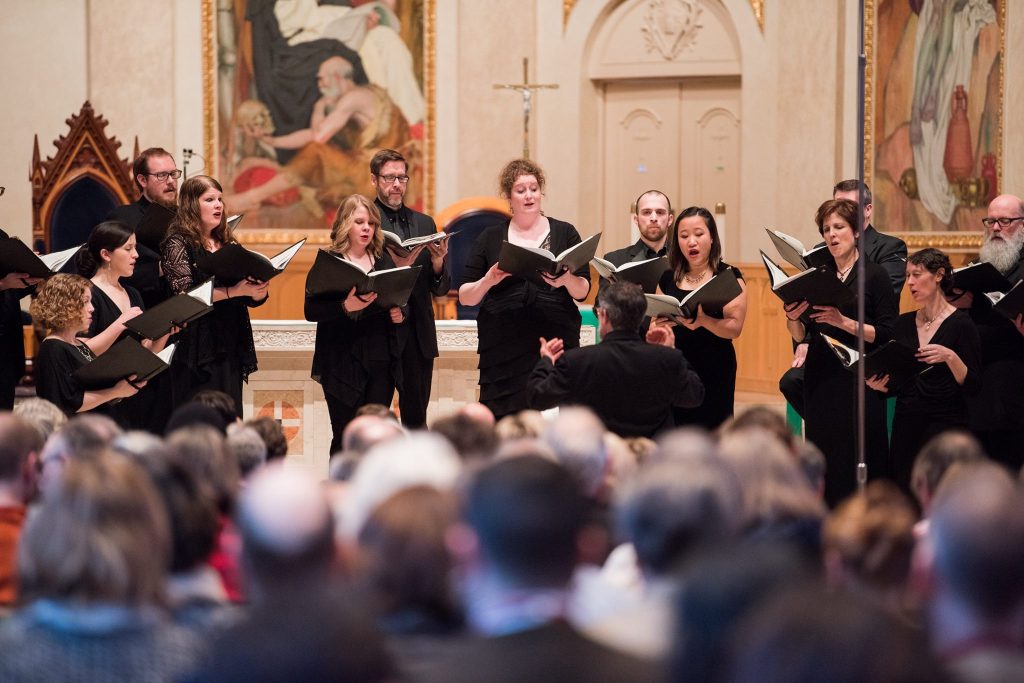

 e collaboration with the Seattle Symphony that highlighted the roots of Sergei Rachmaninov’s orchestral music in the sound world of Russian liturgical chant. For three successive days, Dr Lingas led the singers both in pre-concert lecture-demonstrations of Russian sacred music and in two short vocal works sung immediately before splendid performances of Rachmaninov’s First Piano Concerto and Second Symphony directed by SSO Principal Guest Conductor Thomas Dausgaard. The concerts were hailed by audiences and critics, with the Seattle Times describing the participation of Cappella Romana as ‘highly atmospheric’ and ‘an innovative and thought-provoking entry into Rachmaninov’s musical world’. Full reviews are available here:
e collaboration with the Seattle Symphony that highlighted the roots of Sergei Rachmaninov’s orchestral music in the sound world of Russian liturgical chant. For three successive days, Dr Lingas led the singers both in pre-concert lecture-demonstrations of Russian sacred music and in two short vocal works sung immediately before splendid performances of Rachmaninov’s First Piano Concerto and Second Symphony directed by SSO Principal Guest Conductor Thomas Dausgaard. The concerts were hailed by audiences and critics, with the Seattle Times describing the participation of Cappella Romana as ‘highly atmospheric’ and ‘an innovative and thought-provoking entry into Rachmaninov’s musical world’. Full reviews are available here: